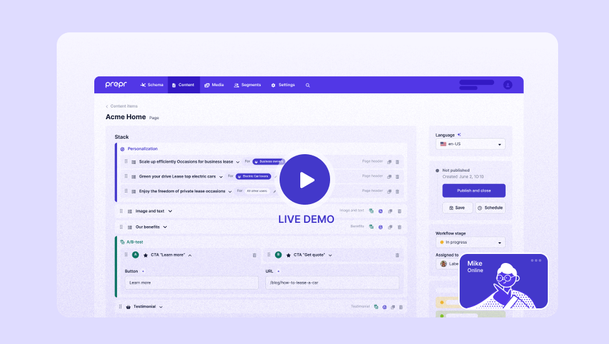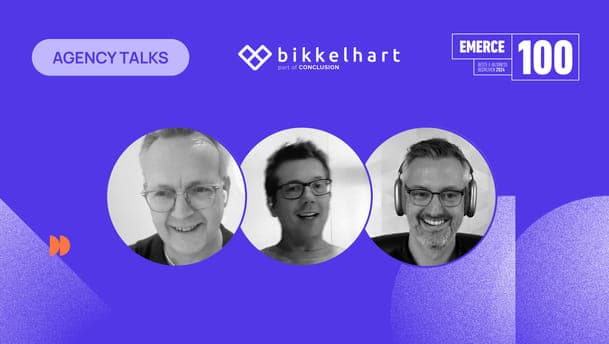To compete in the digital-first era, marketing teams need to achieve rapid digital transformation. This means that you need more out of a content management system (CMS) to deliver in the now and the future. That’s why selecting the right CMS for digital agencies becomes imperative.
What are my options for CMS for digital agencies?
In this blog, we will unpack the different types of CMSs and discuss what they can offer to help you select the best type for your agency.
1. CMS for agencies - The traditional CMS
In these CMS platforms, the user selects a frontend template for a platform to make it easy to create, change, and publish content for a location using a WYSIWYG or HTML editor. This is super helpful when you're looking for a cms for marketing agencies because it makes managing content for specific marketing needs a lot easier.






